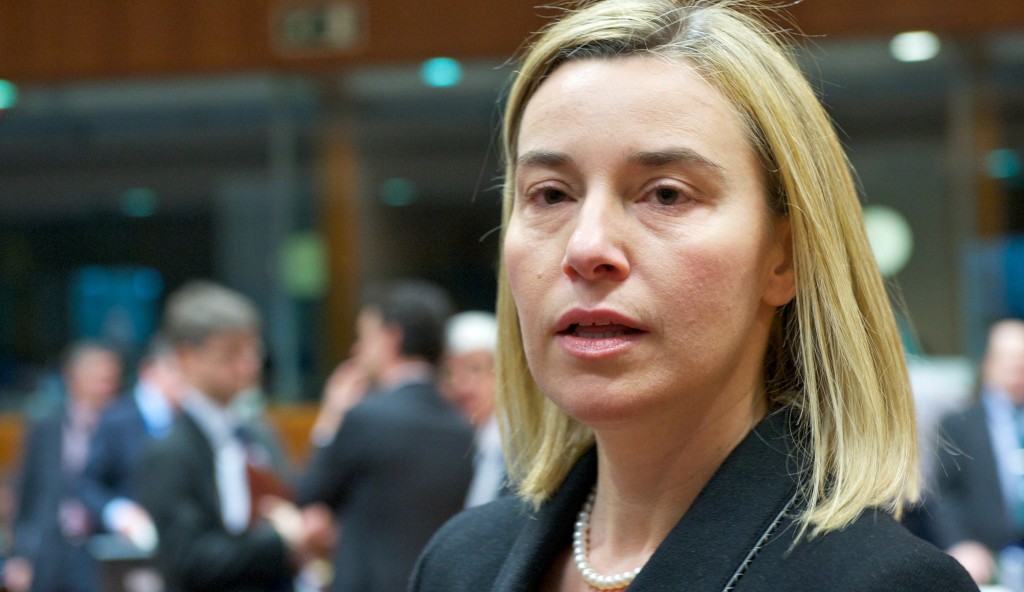The Italian Foreign Minister explained the European strategy implemented in the Ukrainian situation: “We’ve sent a strong and unambiguous message to Moscow, keeping the door open for dialogue”

Sanctions and dialogue. This is the line adopted by the European Union in the Foreign Affairs Council the day after the referendum held in Crimea. The Italian Foreign Minister, Federica Mogherini, staunch supporter of the double policy chosen by Brussels, shares the decision, given that on the one hand “we need to be firm” about what happened in Crimea: “Ukraine shall not become a new ‘Berlin wall’ between Europe and Russia.” On the other hand, “we are aware of the crucial economic interconnection” between Moscow and the European capitals, hence “it is necessary to preserve this peculiar partnership channel.” According to Mogherini, there are “not only economic but also political” relations between the Union and Russia, which is “an important actor in other crises together with Europe, for instance when dealing with Syria.” That is to say, stronger sanctions against Moscow were not applied, yet not only for the economic interests at stake: Brussels is giving out another message. Four messages, to be honest.
With the decisions adopted, said Mogherini, “we are sending an unambiguous message to Moscow: you shall take the required steps for avoiding the annexation of Crimea.” The second message is represented by the sanctions targeted on 21 Russian and Ukrainian personalities. Russia, said the Foreign Minister, “is evidently self-isolating itself from the international stage,” hence “our priority is to avoid this to happen.”
Third, the European Union will sign the political provisions of the Association Agreement with Ukraine, provided that the authorities will be committed to promote an inclusive and clear political process. “It is a complicated process,” said Minister Mogherini. That is why the European Union is ready to “continue to assist Ukraine.” The fourth and last message coming from the EU28 Foreign Ministers is the support to the presence of international observer in Ukraine. “We have given our support for the swift deployment of an OSCE Special Monitoring Mission on the ground, for avoiding a ‘domino effect’ in Ukraine.” Now it is time for Putin to act: “It is now Moscow’s turn,” and according to which decisions will be taken, the Heads of State or Government meeting later this week “could” decide to enact new sanctions.
Emanuele Bonini











![Studenti universitari protestano contro il caro-affitti alla Sapienza di Roma [foto: imagoeconomica]](https://www.eunews.it/wp-content/uploads/2024/06/Imagoeconomica_1923039-120x86.jpg.webp)
